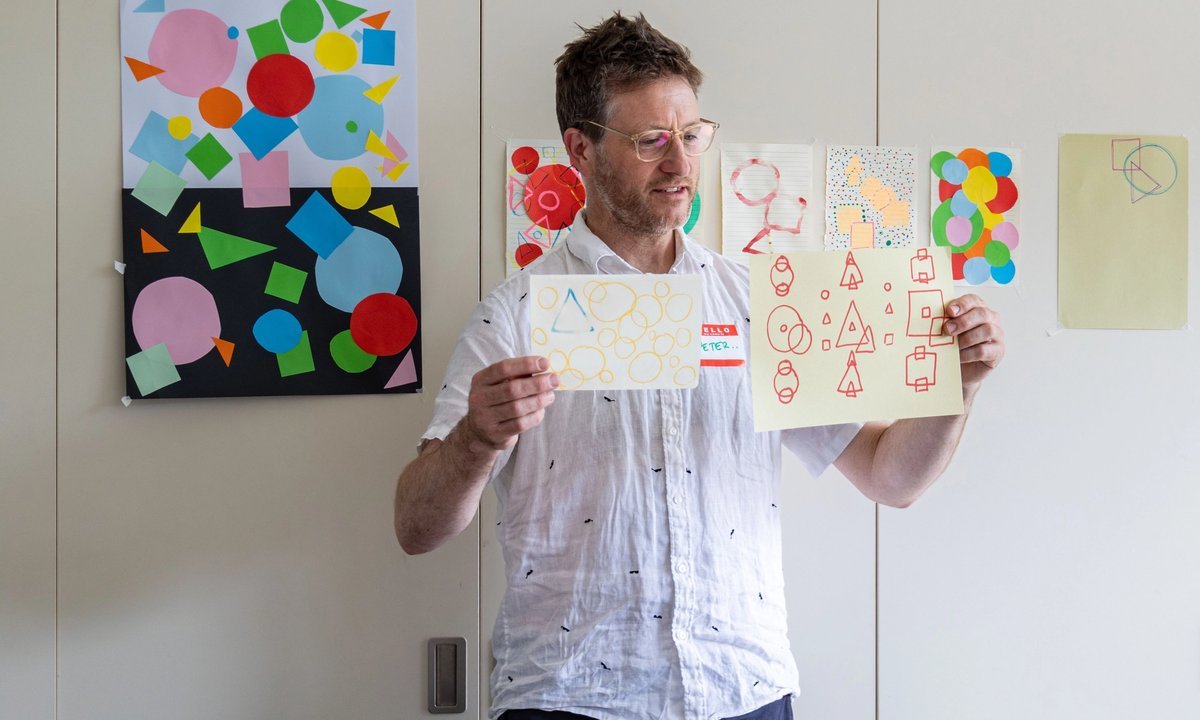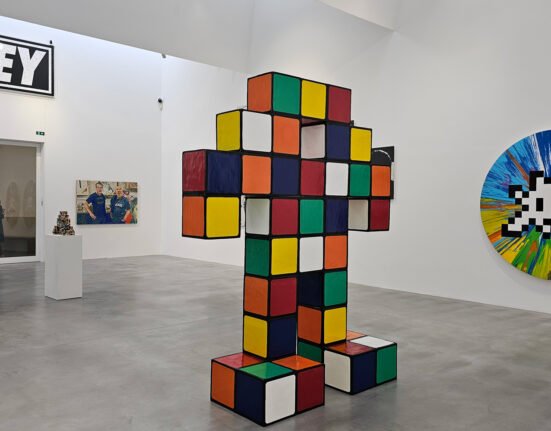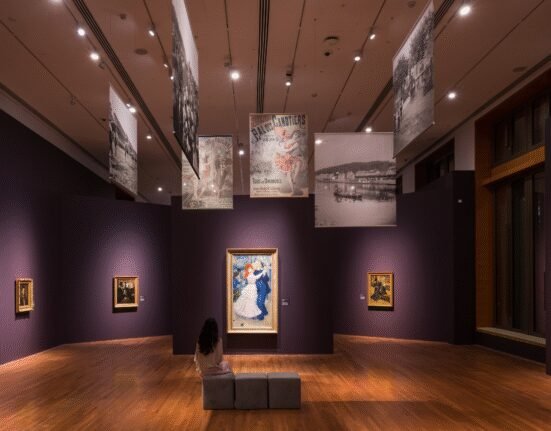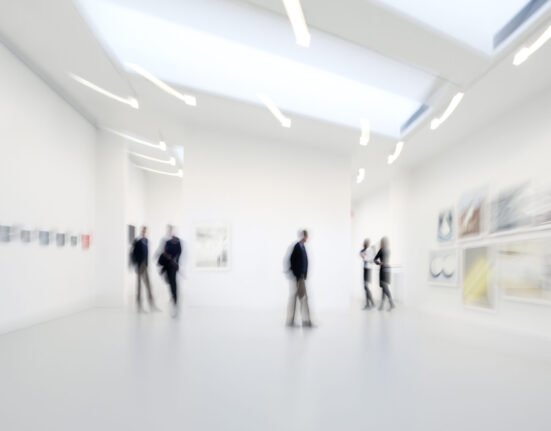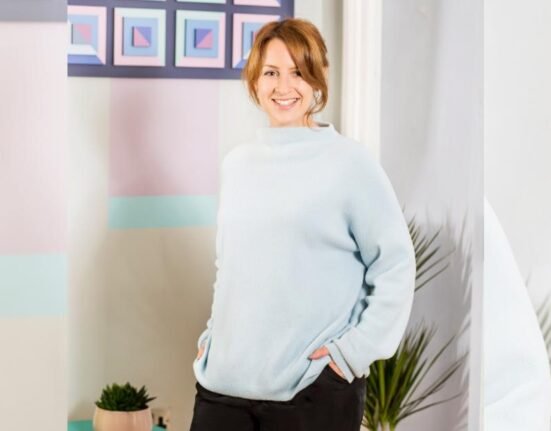Artists such as Lakwena Maciver, Veronica Ryan, Peter Liversidge and Alberta Whittle will create works for mental health hospitals in the UK as part of a new project that seeks to transform access to art in these settings.
More than 50 artists have signed up for the new three-year initiative, which has been devised by the charity Hospital Rooms and will be delivered in collaboration with NHS Trusts in Birmingham, Bristol, North East London and South West Yorkshire. Maciver will unveil her work in a north east London hospital while Ryan will work with a Bristol hospital. More than 50 artists will install works over the next 18 months.
“We spent a substantial amount of time on research and development, and our artists have been selected based on what we have learned at each site” says Niamh White, Hospital Rooms’ co-founder. “Alberta, for instance, is working with us in Birmingham where she grew up. She has shadowed and led creative workshops with young people at the hospital and will make a site-specific work there. As part of this project, we are running cultural programmes in all of these hospital spaces.”
The initiative is backed by a £600,000 Arts Council England National Lottery grant awarded in April. Other supporters include the Garfield Weston Foundation and the Hiscox Foundation.
As part of the scheme, Hospital Rooms will also develop a National Framework for Equal Access to Arts in Mental Health Services, which will “develop creative programmes that are trauma-informed, autism friendly and culturally competent for mental health care settings”, says a project statement.
“This is a natural culmination of nine years of work,” says White. “We’ve worked on 44 wards now and have drafted a curatorial methodology. This project marks a cultural shift, from one-off interventions towards a national systemic approach that will fundamentally change mental healthcare.”
The planned framework will also boost exchanges between museums and mental health hospitals and “provide a scalable model for the integration of arts programmes in mental health hospitals across the UK and beyond”, says Hospital Rooms, which will continue to liaise with relevant government departments.
Hospital Rooms also aims to develop partnerships with a consortium of key cultural institutions such as Tate, The Hepworth Wakefield and the Arnolfini in Bristol. “We’ll be a catalyst, going into these venues for up to two years. At the Midlands Art Centre [in Birmingham], Ikon [also in Birmingham], Spike Island [in Bristol], and others we’ll be hosting workshops for inpatient and community mental health services. Our ultimate aim is to build our programmes into these places and develop meaningful reciprocal relationships between the local cultural sites and NHS mental health services,” adds White.
White and her co-founder Tim Shaw began their work with Hospital Rooms in 2016, with the aim of bringing art and creativity to people in mental health facilities. They have been commissioning artists to produce site-specific work in mental health facilities ever since. The pair were inspired to take up their cause after a close friend was sectioned following a suicide attempt.
Hospital Rooms are also due to open an exhibition, Shape Shift Converse Rework, at Hungate Medieval Art, Norwich on 2 July (until 27 July), featuring works by artists including Michael Landy, Mark Titchner and Heather Phillipson.

